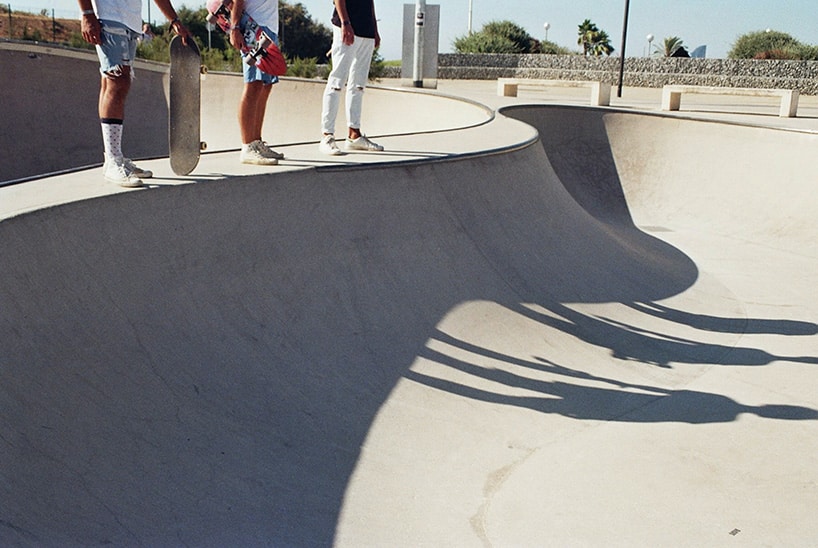What Are The Environmental Conditions That Affect Concrete In Vista?
 Concrete is one of the most versatile and widely used construction materials in the world. Its durability and strength make it an ideal choice for a wide range of applications, from roads and bridges to buildings and dams. However, concrete is not impervious to environmental conditions, and its performance can be significantly impacted by various factors. In this article, we will explore five environmental conditions that can affect concrete and discuss their implications.
Concrete is one of the most versatile and widely used construction materials in the world. Its durability and strength make it an ideal choice for a wide range of applications, from roads and bridges to buildings and dams. However, concrete is not impervious to environmental conditions, and its performance can be significantly impacted by various factors. In this article, we will explore five environmental conditions that can affect concrete and discuss their implications.
- Temperature is a critical factor in concrete’s curing process. Extreme temperature fluctuations can lead to cracking and reduced strength. When concrete is exposed to high temperatures, it can cause rapid evaporation of water, leading to surface cracks and reduced durability. Conversely, extremely cold temperatures can slow down the curing process and result in delayed setting and reduced strength. To mitigate these effects, proper curing methods, such as insulation and temperature control, are essential.
- Concrete relies on adequate moisture to hydrate and gain strength. In arid or desert environments, where moisture is scarce, concrete can dry out too quickly, leading to a weak structure. On the other hand, excessive moisture or humidity can cause efflorescence, which is the white, powdery residue that forms on the surface of concrete. To maintain the ideal moisture content, curing with water or using sealants can be effective solutions.
- Concrete can be exposed to various chemicals in its lifetime, such as de-icing salts on roads or acidic substances in industrial environments. These chemicals can react with the concrete, leading to corrosion of reinforcement bars (rebar) and reduced structural integrity. Proper sealing and protective coatings can help minimize the impact of chemical exposure.
- In regions with cold winters, concrete structures are susceptible to damage from freeze-thaw cycles. When water penetrates concrete and then freezes, it expands, causing cracks and spalling. Over time, this can lead to structural deterioration. To mitigate this, concrete mixes with air-entraining agents are often used in cold climates. These agents create tiny air bubbles in the concrete, allowing for expansion and contraction without causing damage.
- Air pollution, including sulfur dioxide and carbon dioxide, can react with concrete and lead to a process known as carbonation. Carbonation reduces the alkalinity of concrete, which can, in turn, corrode the reinforcement and weaken the structure. Additionally, acid rain can further accelerate the deterioration of concrete surfaces. To counteract these effects, proper maintenance, coatings, and protective measures are necessary.
FAQs
How Can I Protect My Concrete Driveway From Freeze-Thaw Damage During Winter?
To protect your concrete driveway, ensure proper installation with a well-compacted base, and use a concrete mix designed for freeze-thaw resistance. Applying a high-quality sealer before winter can also help prevent water penetration and damage from freeze-thaw cycles.
Can I Use Regular Concrete For A Structure In A Chemically Harsh Environment?
Regular concrete may not be suitable for chemically harsh environments. Consider using special concrete mixes that are designed to resist chemical corrosion, or apply protective coatings to mitigate the effects of chemical exposure.
What Are The Signs That My Concrete Structure Is Suffering From Carbonation?
Signs of carbonation in concrete include the presence of cracks, spalling or chipping, and a visible white or gray powdery residue on the surface. If you notice these signs, it’s important to address the issue promptly to prevent further deterioration.
Conclusion
In conclusion, while concrete is a durable and versatile construction material, it is not immune to environmental conditions. Temperature fluctuations, moisture levels, chemical exposure, freeze-thaw cycles, and environmental pollution can all impact the performance and longevity of concrete structures. To ensure the durability of concrete in various environments, it is essential to take preventive measures, use appropriate concrete mixes, and engage in regular maintenance and inspections. By understanding and addressing these environmental factors, we can extend the life and functionality of concrete structures, making them more resilient to the challenges posed by nature. For more information, contact Concrete Contractor Vista at (760) 313-6116.